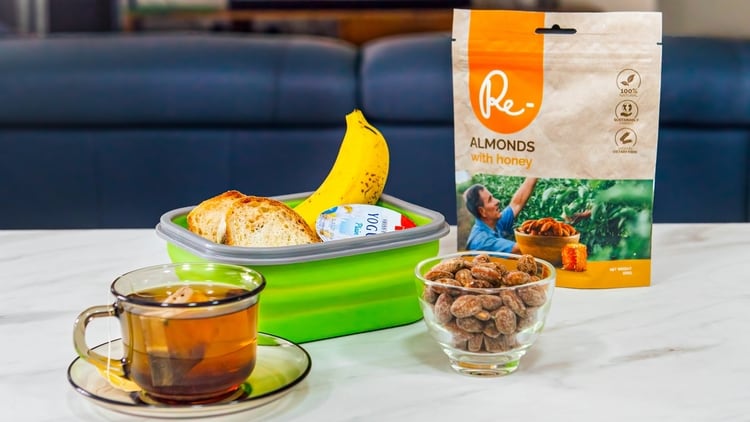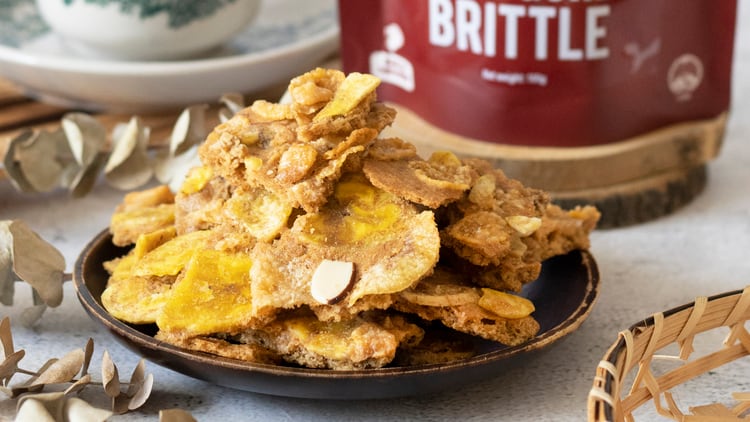The brand launched its range of nuts in March 2022 after two years of research and development.
The almond and cashew range is 100% natural, responsibly grown and traceable to the farms that produce them, claims its SVP and CMO, Venaig Solinhac.
“By natural, we mean it is non-GMO, produced using sustainable farming practices and the nuts can be traced back to its farms.
“The idea came to us at the beginning of March 2020. The challenge here is producing a product that consumers like; hence taste is critical. However, consumers also demand that the product is natural and least processed. Most tasty nuts in the market now are the least natural ones.
“Over two years, we asked 600 consumers to do taste and packaging tests. The product development process was most difficult. We started with 100 flavours and conducted consumer research in Singapore. Then, we narrowed it to 50 and tested it again. After that, it was further reduced to 20 and tested, and then we reached the five flavours,” said Solinhac.
The eight products in the range come in five flavours tailored to the Asian palate – honey, seaweed, honey sesame, salt and pepper, and rock salt – and are packed in 100% recyclable packaging. The nuts are priced at $1.90 for the 30g packs and $5.90 for the 100g packs.
Developing on the claim that Re- nuts are “natural”, she said the products could be traced back to their farms.
For instance, cashews were sourced from Vietnam, where Re- staff trained farmers on sustainable farming practices and supported the communities around the farms. Almonds were sourced from Australian orchards, where farmers would use the minimum amount of water, utilise 75% renewable energy and allow bees to pollinate the flowers, creating a whole ecosystem.
Currently, Re- utilises retail channels such as its e-commerce site, Singapore’s Fairprice Finest, Cold Storage, RedMart, and select restaurants and bakeries across the republic.
“From our research, the first reason consumers buy nuts is that it is (assumed to be) healthy. 80% of consumers we spoke to felt that way. However, flavours in nuts are not really healthy, so that’s our challenge.
“With COVID-19, consumers are becoming more conscious about their food, where it comes from and ensuring it does not impact the planet. People are also more conscious about eating healthy, and we want to help them do so,” she said.
Pe‘nut’rating the APAC market
According to Solinhac, the growth potential for healthy, sustainable and natural nuts is huge.
Furthermore, she said there had been an “overwhelming response” from consumers who wiped off the seaweed-flavoured nuts “within a few weeks” in Singapore. She declined to reveal details on the sales volume or units sold.
Based on this response, Re- is now aiming for the Malaysian and Hong Kong markets, followed by the US and UK in the long run.
Alongside the market expansion, the firm intends to explore new flavours for Singapore, which will retail by Q3 or Q4 2022. It is also considering expanding the breadth of the product offerings by exploring possibilities of creating nut butters, nut bars and bites.
“Singapore is like an ‘incubator’ for the region. It is a very good test market. We get to listen to consumers and speak to retailers, and from there, we see how we can help one another. I hope to help consumers eat good and do good and that this overwhelming response and reviews continue. Besides eating healthily, we hope to help the planet and make it a better place for our children,” she said.




